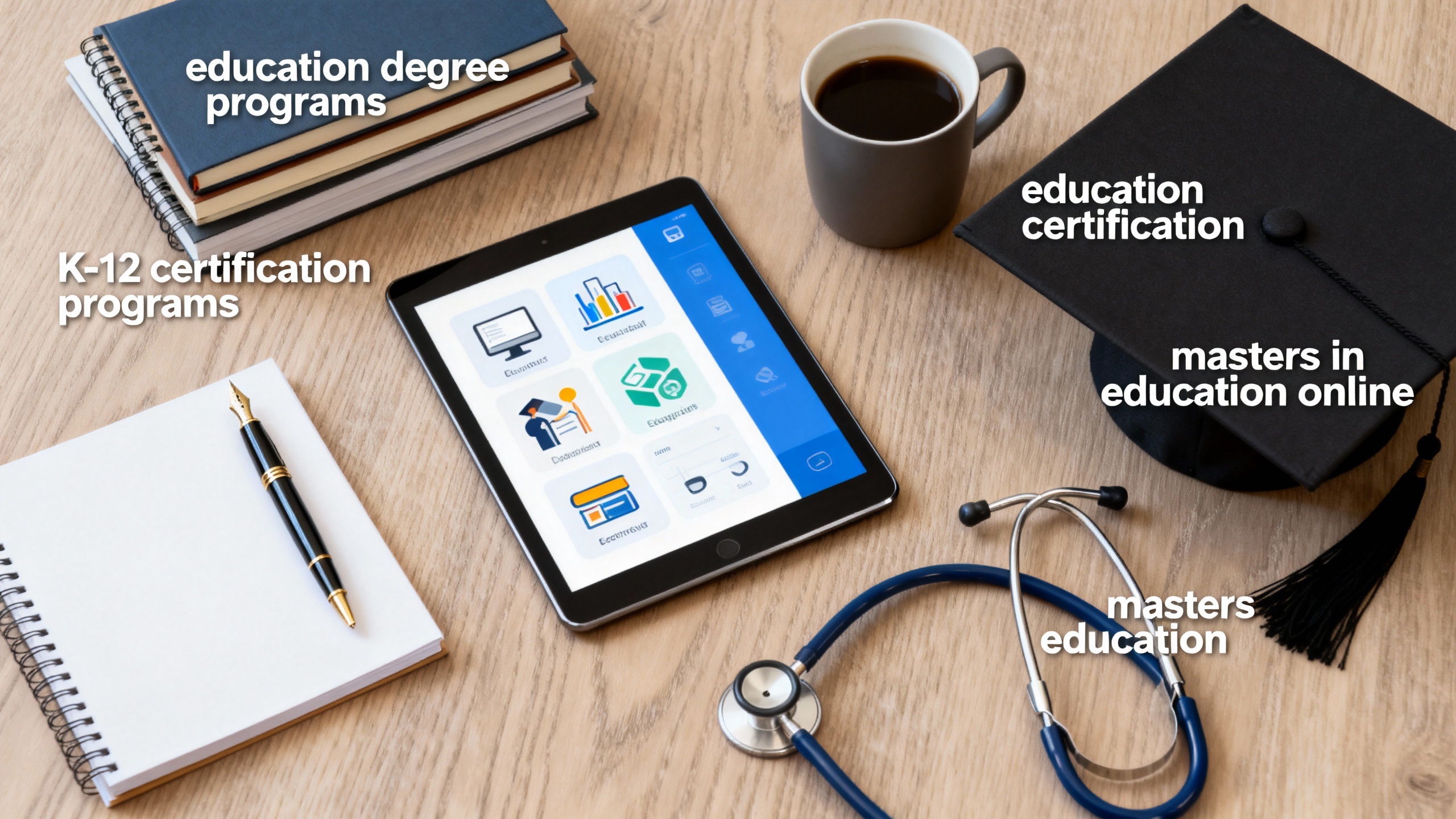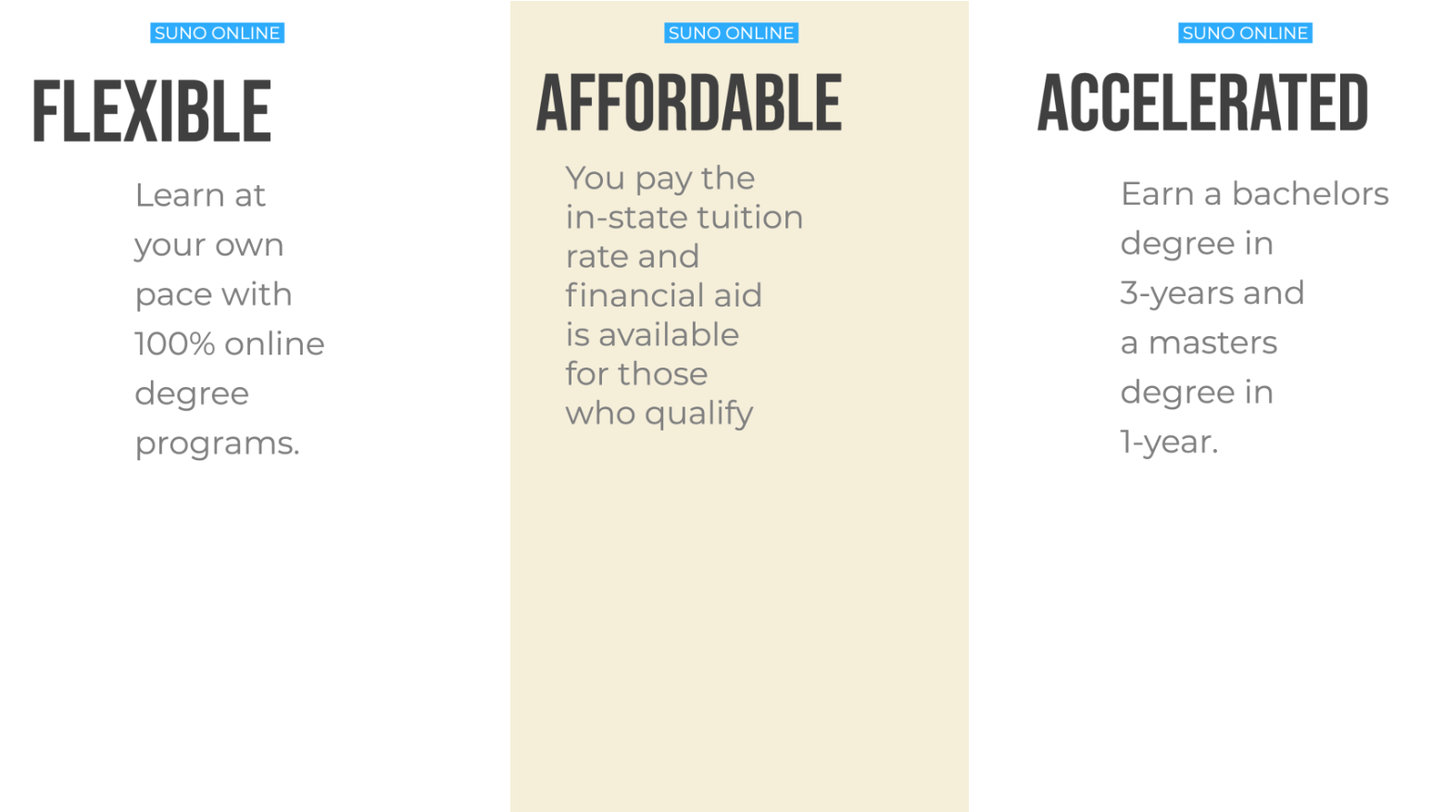In today’s healthcare job market, advancing your career as a registered nurse is crucial. A recent SEMrush 2023 Study shows a 25% growth in demand for BSN – prepared nurses in the past five years. According to leading US educational platforms, online RN to BSN accelerated and hybrid programs are a smart choice. These programs save time compared to traditional four – year BSNs, with durations from 6 to 24 months. With a Best Price Guarantee and Free Installation Included (virtual support services), you can save on costs. Discover the difference between premium and counterfeit models and explore these high – value programs now!
General Information
In the evolving landscape of healthcare, registered nurses (RNs) are increasingly seeking to advance their education with online RN to BSN accelerated and hybrid nursing degree programs. A recent SEMrush 2023 Study showed that the demand for nurses with a BSN has grown by 25% in the past five years, indicating the importance of these programs.
Requirements
Educational Background
Most RN to BSN programs require applicants to have already completed an Associate Degree in Nursing (ADN) or a nursing diploma. This prior education provides the foundational knowledge and skills needed to succeed in the program. For example, a nurse who completed an ADN program at a local community college can use their credits to enroll in an online RN to BSN accelerated program.
Pro Tip: If you’re considering an RN to BSN program, make sure to check the specific educational requirements of each institution. Some may have additional prerequisites in certain subjects.
Application
To apply for these programs, you typically need to be currently enrolled (or have been accepted into) an authorized LVN/LPN, RN (ADN or BSN), or RN – BSN program. You can attend school either full – time or part – time, and most programs require you to be a citizen of the United States and attend school in the country.
GPA
Admission requirements often include a minimum GPA. For instance, to be considered for Queens University of Charlotte’s 1 – year accelerated nursing programs online, applicants must have a non – nursing bachelor’s degree with a minimum GPA of 3.0. University of Providence’s 1 – year online accelerated nursing program requires a bachelor’s degree with a minimum GPA of 2.75.
Duration
Traditional BSN programs can take up to four years, while regular RN to BSN pathways can take 12 – 24 months. However, 6 – month RN to BSN programs are also available, providing an accelerated academic path for motivated nurses. The average duration of an accelerated BSN program generally lands between 12 and 24 months.
Comparison Table:
| Program Type | Duration |
|---|---|
| Traditional BSN | Up to 4 years |
| Regular RN to BSN | 12 – 24 months |
| 6 – month RN to BSN | 6 months |
Curriculum
These accelerated degree programs feature a curriculum that builds upon your existing nursing knowledge and skill set. Coursework may include evidence – based nursing practice, health policy, nursing leadership, and public health. Community health nursing is also a common component, along with other specialized coursework relevant to the nursing field.
Teaching Methods

Online RN to BSN programs use a variety of teaching methods to accommodate the needs of busy working professionals. This may include online lectures, discussion boards, and virtual simulations. Some programs also offer the opportunity for students to complete their clinical training at clinical sites close to home. For example, Baylor University’s online accelerated nursing program provides students with the convenience of completing their clinical training at local clinical sites.
Pro Tip: Look for programs that offer hands – on learning opportunities, as this can enhance your clinical skills and prepare you for real – world nursing practice.
Student Support Services
Good student support services are crucial for the success of students in online nursing programs. This may include academic advising, tutoring, and career counseling. Some institutions also offer technical support to help students navigate the online learning platform.
Interactive Element Suggestion: Try our online program comparison tool to find the best RN to BSN program with the most comprehensive student support services.
Tuition Fees
The cost of RN to BSN programs varies due to factors like the type of institution (public vs. private), location, program length (accelerated or traditional), format (online vs. on – campus), state residency (in – state vs. out – of – state tuition), the program’s accreditation and reputation, available resources and facilities, and additional fees. The most affordable RN – to – B.S.N. programs offer tuition rates from $42 to $447 per credit. For example, in – state Tuition and Fees at some institutions can be as low as $8,010.
Industry Benchmark: On average, the total cost of an RN to BSN program, including tuition and fees, can range from $10,000 to $30,000.
Salary Increase
Having a BSN can significantly increase your earning potential as a registered nurse. After completing an RN to BSN program, nurses can earn around $7,710 a month, which is $990 more than before. On average, the annual salary can increase to as much as $145,470.
ROI Calculation Example: If you spend $20,000 on an RN to BSN program and your salary increases by $12,000 per year, you can recoup your investment in less than two years.
Scholarships
There are numerous scholarships available for accelerated nursing students. For example, the NursingExams.org Underrepresented Student Nursing School Scholarship is open to currently enrolled nursing students. The prize money is $2,000, and the application deadline is March 1st. Other scholarships like the AfterCollege – AACN Scholarship Fund consider students working towards a nursing educator role, students in RN – to – BSN or RN – to – MSN programs, and students undertaking an accelerated nursing program.
Pro Tip: Start your scholarship search early and apply for as many as possible to increase your chances of securing financial aid.
Key Takeaways:
- Educational requirements for RN to BSN programs typically include an ADN or nursing diploma.
- Program durations can vary from 6 months to 24 months.
- Curriculum focuses on building existing nursing knowledge and skills.
- Tuition fees depend on multiple factors, and scholarships can help reduce costs.
- Earning a BSN can lead to a significant salary increase.
As recommended by leading nursing education industry tools, it’s essential to thoroughly research each aspect of these programs to make an informed decision. Top – performing solutions include programs with strong accreditation, comprehensive student support, and relevant curricula.
FAQ
What is an online RN to BSN accelerated program?
An online RN to BSN accelerated program is designed for registered nurses (RNs) to advance their education. According to the SEMrush 2023 Study, demand for BSN – prepared nurses is rising. These programs build on existing nursing knowledge, often completing in 6 – 24 months, unlike traditional 4 – year BSN programs. Detailed in our [Duration] analysis, they offer a quicker path to a BSN.
How to apply for an online RN to BSN accelerated program?
To apply, you typically need to have an ADN or nursing diploma. You should be currently enrolled or accepted into an authorized LVN/LPN, RN (ADN or BSN), or RN – BSN program. Most programs require U.S. citizenship and study in the country. Check specific educational requirements and GPA criteria of each institution, as detailed in our [Requirements] section.
Steps for finding the best online RN to BSN hybrid program?
- Research program accreditation and reputation.
- Evaluate the curriculum, ensuring it covers key nursing areas.
- Look for strong student support services like academic advising.
Clinical trials suggest that hands – on learning opportunities enhance real – world skills. Compare with other programs as shown in our [General Information] analysis.
Online RN to BSN accelerated vs traditional BSN: Which is better?
Unlike traditional BSN programs that can take up to four years, online RN to BSN accelerated programs offer a quicker path, often between 6 – 24 months. The accelerated option suits working RNs who want to advance faster. It builds on existing nursing knowledge, while traditional programs provide a more extended foundational learning. Detailed in our [Duration] section.



